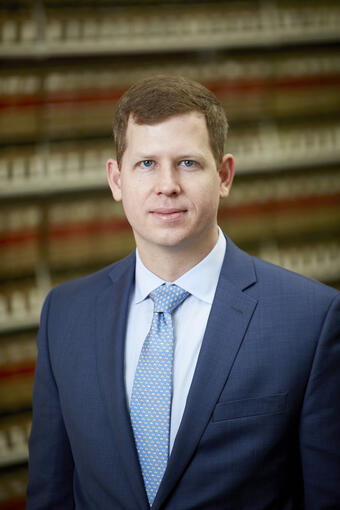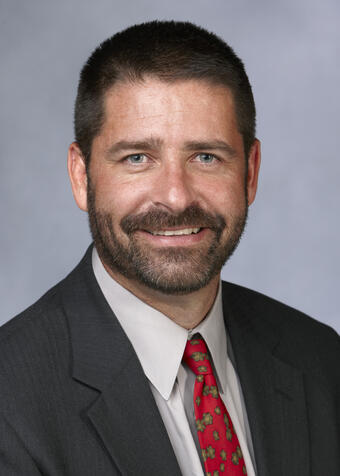William S. Boyd Professor of Law
Francine J. Lipman brings to the Boyd School of Law an exceptional record as an accountant, a lawyer, a teacher, and a scholar. After working as a CPA in an international accounting firm and as the chief financial officer for a chain of retail jewelry stores, Lipman turned to law.
As a law student, she has served as the editor-in-chief of the UC Davis Law Review and was recognized as a member of the Order of the Coif. In NYU’s Graduate Tax Law Program, she was a Tax Law Review Scholar. She practiced law with the firms O’Melveny & Myers and Irell & Manella.
Lipman joined the faculties of Chapman University’s School of Business and Economics in 2001 and the William S. Boyd School of Law in 2003. She is an elected member of the American Law Institute, the American College of Tax Counsel, and the American Bar Foundation, and an editor and former committee chair for the Tax Section of the American Bar Association. She has been a visiting professor at UC Hastings College of Law and the University of Nevada, Las Vegas.
In 2016, Nevada Gov. Brian Sandoval appointed Lipman to serve as a tax commissioner. The Nevada Tax Commission consists of eight Nevadans with various professional and business backgrounds. The commissioners supervise the overall administration and operations of the Nevada Department of Taxation.
Lipman has written extensively on tax and accounting issues for legal journals, including the Wisconsin Law Review, Florida Tax Review, Virginia Tax Review, SMU Law Review, Nevada Law Journal, American University Law Review, Harvard Environmental Law Review, Harvard Latino Law Review, Harvard Journal on Legislation, The Tax Lawyer, The Practical Tax Lawyer, Taxes and Tax Notes. She is a frequent speaker on tax subjects to law and business groups.
LL.M., New York University
JD, University of California, Davis
MBA, San Diego State University
BA, University of California, Santa Barbara







